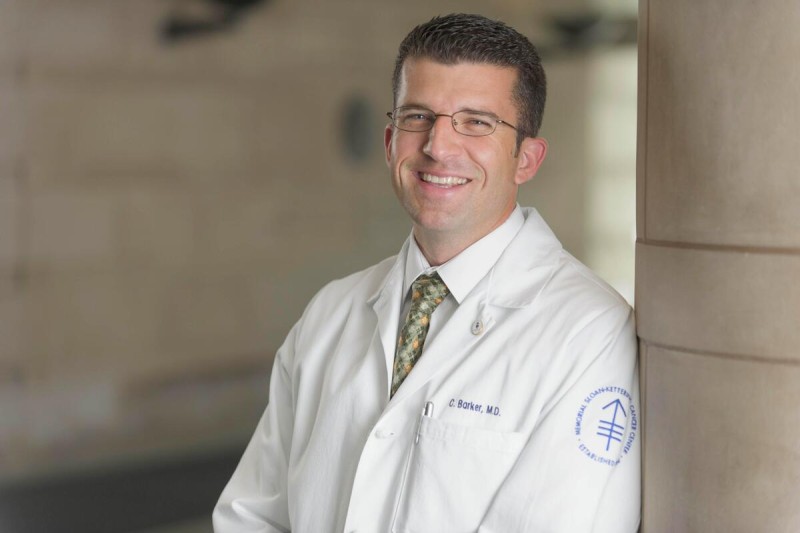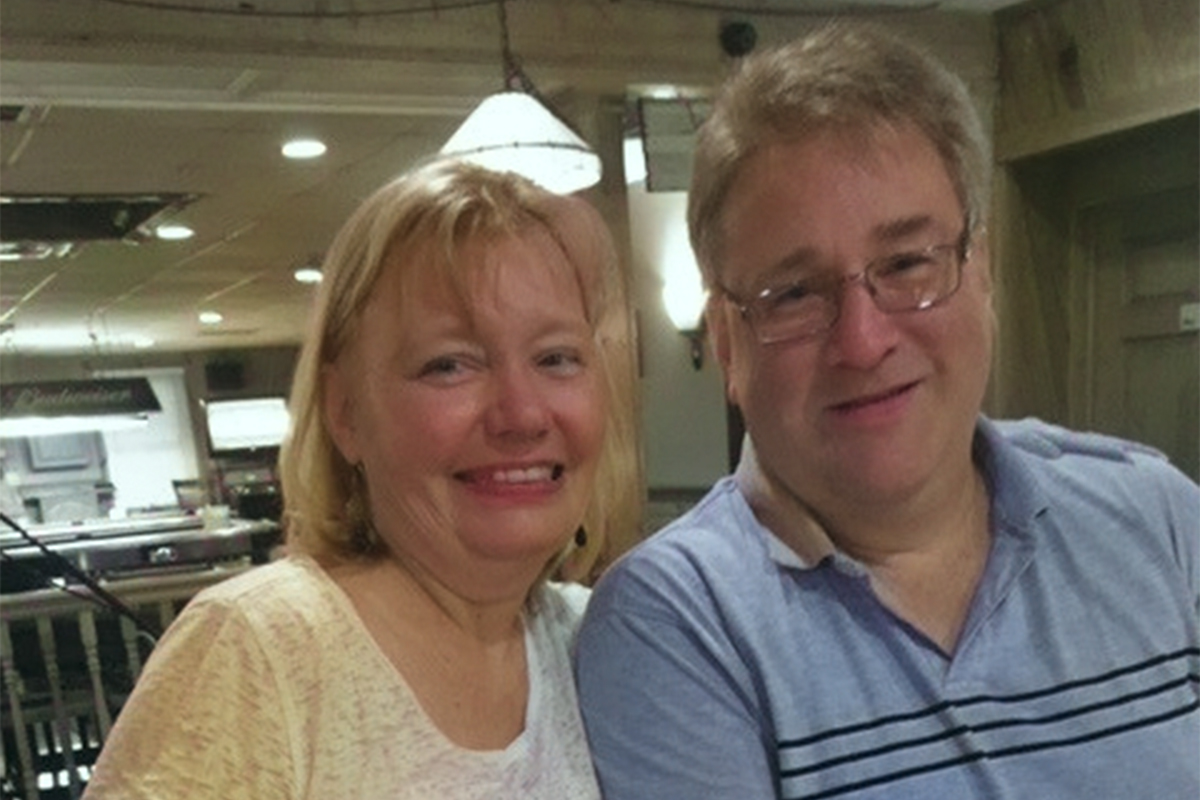
Millions of Americans develop basal cell carcinoma (BCC) on their skin, usually on their face, neck, or head. It’s the most common form of skin cancer and is rarely fatal, but it can be uncomfortable and unsightly. BCC can usually be removed with a surgical procedure, but in rare cases the tumor is too large for surgery or is in a difficult-to-treat place.
In these cases, doctors have traditionally used radiation therapy. Over the long term, however, this treatment controls the disease only about 60% of the time, which means that other therapy may be required. Radiation is not always effective, and there is concern that repeated surgeries to remove BCC could leave patients disfigured.
Now Memorial Sloan Kettering Cancer Center (MSK) researchers report that combining radiation therapy with a drug called vismodegib may control the disease up to 50% longer than radiation alone. Results from a phase 2 clinical trial, published April 17 in the Journal of Clinical Oncology, suggest that vismodegib (Erivedge®) makes the cancer cells more sensitive to radiation.
“Combining these treatments can greatly improve quality of life for people whose basal cell carcinoma can’t be removed with surgery,” says MSK radiation oncologist Christopher Barker, MD, the study’s first author. “Even when these tumors aren’t life-threatening, they can be a huge problem.”
Clinical Trial Shows Radiation More Effective With Vismodegib for Advanced BCC
The phase 2 trial involved 24 patients with basal cell carcinoma tumors that could not be surgically removed. They took vismodegib for 12 weeks as part of “induction” treatment and then underwent seven weeks of therapy that paired vismodegib with radiation.
-
In 91% of patients, the cancer was destroyed or at least had been stopped at the one-year mark. These results are dramatically better than the 60% of patients whose cancer was controlled using standard therapies (vismodegib or radiation alone).
- The long-term effects were also encouraging. After five years, the cancer remained under control in 78% of patients (known as progression-free survival). Overall, 83% of patients were alive after five years.
Dr. Barker worked in collaboration with scientists at University of California, San Francisco, led by Sue Yom, MD, PhD. Dr. Yom is corresponding author of the study.
Adding Radiation Offers Hope for Patients To Avoid Side Effects
Dr. Barker says combining radiation with drug therapy to stop basal cell carcinoma means patients can avoid the long-term side effects associated with continuous drug treatment. Vismodegib was approved by the Food and Drug Administration for use against BCC in 2012. The drug, taken as a pill, is often effective on its own, but it stops working in about half the patients. It also can cause side effects like changes in taste, muscle aches, and hair loss — causing many people to stop taking it.
“Combining the treatments increases the benefit of vismodegib without the long-term effects you’d see with continuous doses because patients can stop therapy completely when their cancer is controlled,” he says.
Basal Cell Carcinoma Patient Successfully Treated With Combination Approach
Kathy Schutt was diagnosed with basal cell carcinoma near her left eye in 2016 at age 50. A plastic surgeon balked at removing the growth due to its location. Another doctor knew about the clinical trial at MSK, so Kathy met with Dr. Barker to learn more.
“He told me I was a good candidate for the treatment, and I was reassured,” she says. “I wasn’t too keen on having a knife really close to my eye. But I really wanted to get rid of the cancer because I felt like everyone who talked to me was staring at it the whole time.”

She began vismodegib in January 2017, taking a pill every morning for about four months. “I had no side effects, other than my hair thinning a little,” she says. “The bump was actually gone by the time I started radiation, which made me feel we were moving in the right direction.”
She underwent seven weeks of radiation at MSK Monmouth in Middletown, New Jersey, only a 20-minute drive from her house.
“The radiation was a bit more daunting, but it healed quickly,” she says. “Now it’s like it was never there, other than my skin being a bit lighter where they did the radiation. But I just put a little makeup on, and it’s fine.”
Seven years later, there is no sign of the cancer. Kathy and her husband, Marty, are enjoying life in upstate New York at a 125-year-old house they just purchased. “My new obsession is decorating the house,” she says. “I also love to cook, and we have begun learning about wine and food pairing at the local wineries.”
“I would definitely recommend this treatment,” she says. “It can be intimidating to have radiation on the face, but it’s worth it in the end.”
The Importance of Long-Term Follow-Up
Dr. Barker says an important strength of the trial was following the patients longer than usual before publishing results.
“Basal cell cancer tends to move slowly, so we wanted to wait to make sure that we would not see late recurrences, which has not happened,” he says. “We have five years of follow-up for most patients. It demonstrates that just because surgery can’t be done, it doesn’t mean all hope should be lost.”